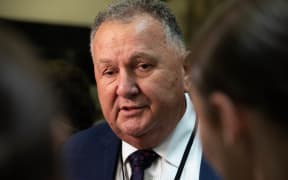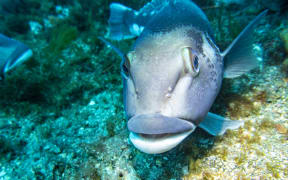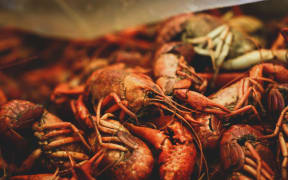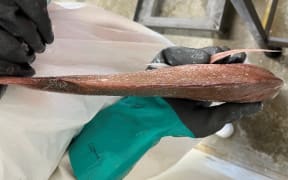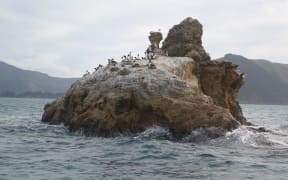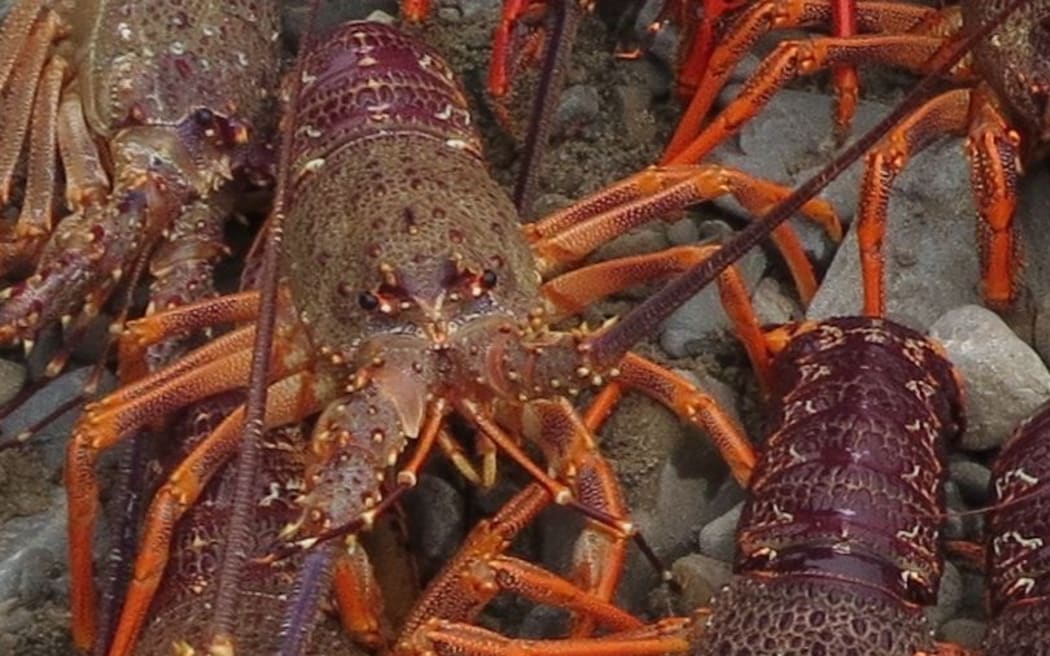
File photo. Photo: NZ POLICE
The commercial rock lobster fishing sector is reducing its catch limits beyond government-enforced quota to help an East Coast fishery in its long recovery from cyclones Hale and Gabrielle.
Habitats of the Gisborne spiny rock lobster at the CRA 3 Fishery that extends from Mahia north to Gisborne and East Cape have been impacted by increased sediment deposition smothering reefs where they settle, as a result of extreme weather including recent cyclones.
Last month, Minister for Oceans and Fisheries, Shane Jones, announced the total allowable catch limits for spiny rock lobster in this fishery would reduce 20 percent from 302 to 244 tonnes - reducing commercial catch limits from 195 tonnes to 156 tonnes.
These changes, also to recreational limits, came into effect on 1 April.
Furthermore, the commercial rock lobster industry has now voluntarily reduced its catch a further 10 percent to help support sustainability at the valuable fishery.
NZ Rock Lobster Industry Council chief executive Mark Edwards said there was uncertainty about the status of the stocks, so fishers decided it was necessary to reduce fishing pressure by shelving a portion of their catch entitlement.
"The industry considers this is a responsible step to take the pressure off the fishery until any further management action can be considered," he said.
"We will be in a better position to do this when the results of a revised full stock assessment and analysis of other post cyclone data, including industry log book data, are available later in 2024."
He said the industry wanted to develop a fishery management plan and management procedure for the area, with the help of other fishery stakeholders.
"It is important that those arrangements continue to be driven by the science and are responsive to signals from the fishery."
Gisborne Fisheries director Salve Zame said it would come to a cost to the business and to operators that have had a difficult year, but it was about the long-term.
"We have been unlucky with the impacts of the cyclone, ongoing adverse weather for fishing, and the closure of the fishery for an extended period because of the algal blooms," Zame said.
"It's been a tough year, but we need to think about the next ten years and how we can keep this fishery sustainable."
Iwi Collective Partnership chief executive and current chair of the CRA 3 fishery, Ken Houkamau, said the decision had widespread support because locals involved knew what was at stake.
"With shelving, we can respond quickly, because we are the ones on the ground who can see what is happening," Houkamau said.
"If we need to be conservative, we will be.
"Fishers are conservative by nature and they understand that adopting a cautious strategy now will secure enduring advantages in the future, which is why we show respect for the environment we work in and the natural assets we generate a living from."
He said it was about kaitiakitanga and protecting a taonga asset for generations to come.
